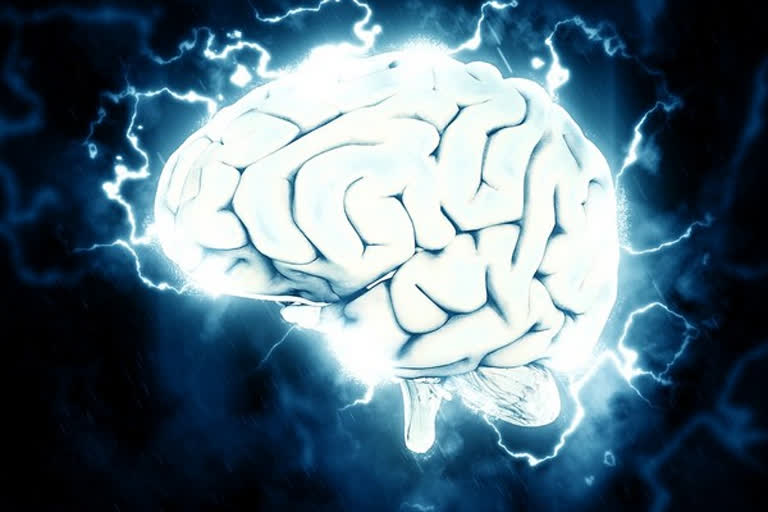Washington [US]: Researchers discuss how mimicking sleep patterns of the human brain in artificial neural networks may help mitigate the threat of catastrophic forgetting in the latter, boosting their utility across a spectrum of research interests. "The brain is very busy when we sleep, repeating what we have learned during the day," said Maxim Bazhenov, PhD, professor of medicine and a sleep researcher at University of California San Diego School of Medicine. "Sleep helps reorganize memories and presents them in the most efficient way."
In previous published work, Bazhenov and colleagues have reported how sleep builds rational memory, the ability to remember arbitrary or indirect associations between objects, people or events, and protects against forgetting old memories. Artificial neural networks leverage the architecture of the human brain to improve numerous technologies and systems, from basic science and medicine to finance and social media. In some ways, they have achieved superhuman performance, such as computational speed, but they fail in one key aspect: When artificial neural networks learn sequentially, new information overwrites previous information, a phenomenon called catastrophic forgetting.
"In contrast, the human brain learns continuously and incorporates new data into existing knowledge," said Bazhenov, "and it typically learns best when new training is interleaved with periods of sleep for memory consolidation." Writing in the November 18, 2022 issue of PLOS Computational Biology, senior author Bazhenov and colleagues discuss how biological models may help mitigate the threat of catastrophic forgetting in artificial neural networks, boosting their utility across a spectrum of research interests.
Also read:Researchers discover new drug to lower cholestrol
The scientists used spiking neural networks that artificially mimic natural neural systems: Instead of information being communicated continuously, it is transmitted as discrete events (spikes) at certain time points. They found that when the spiking networks were trained on a new task, but with occasional off-line periods that mimicked sleep, catastrophic forgetting was mitigated. Like the human brain, said the study authors, "sleep" for the networks allowed them to replay old memories without explicitly using old training data.
